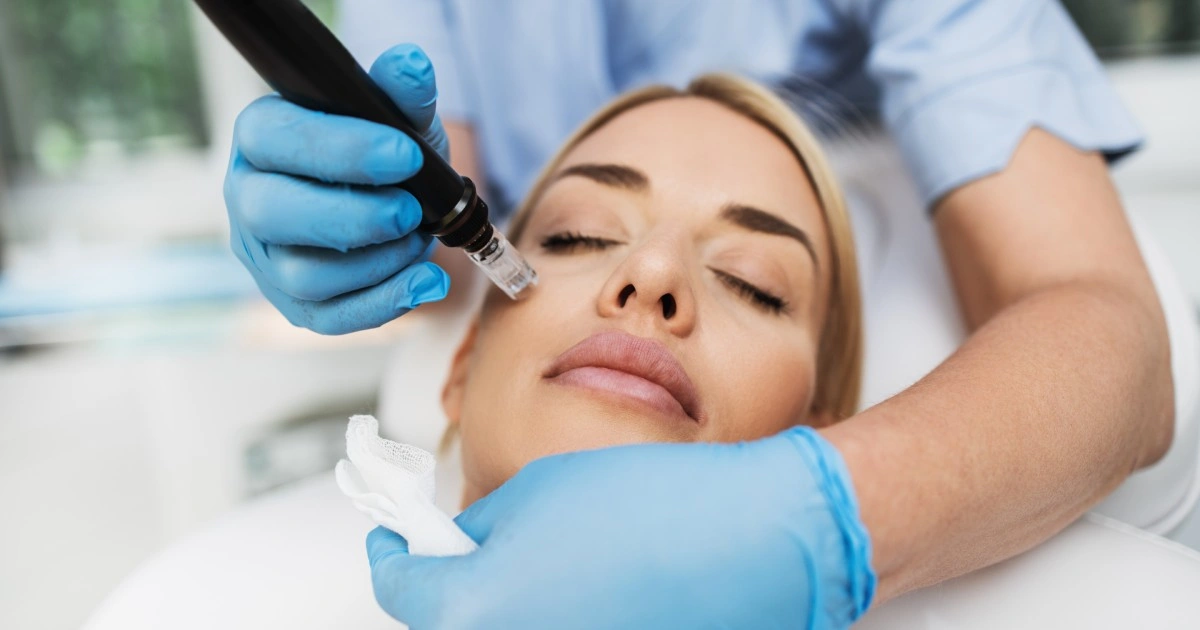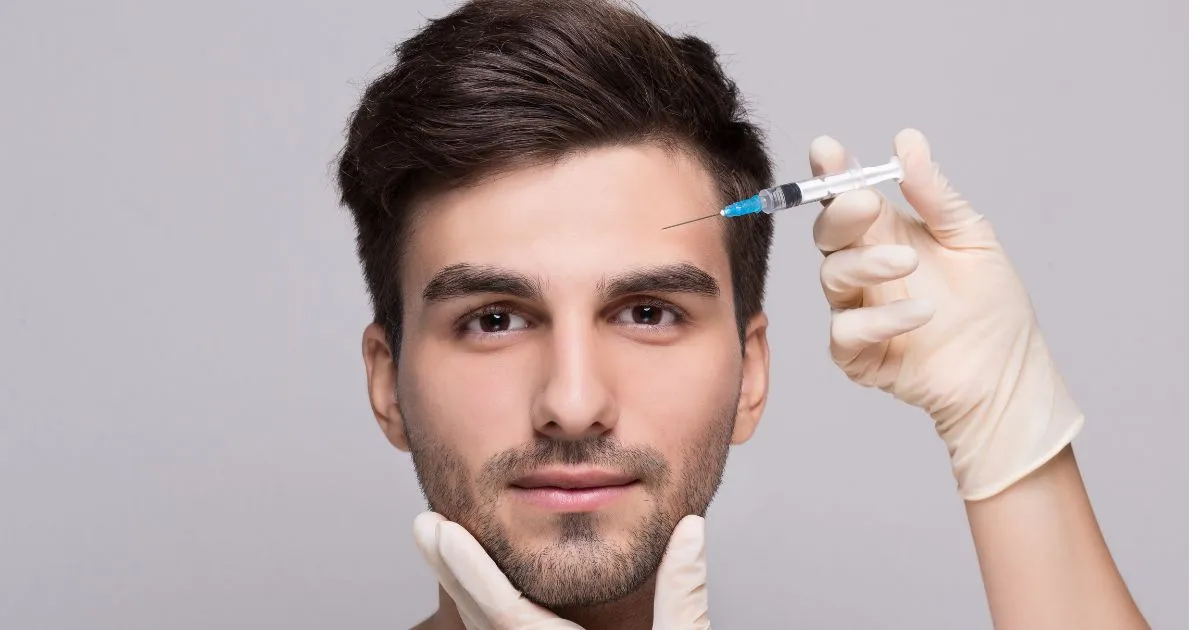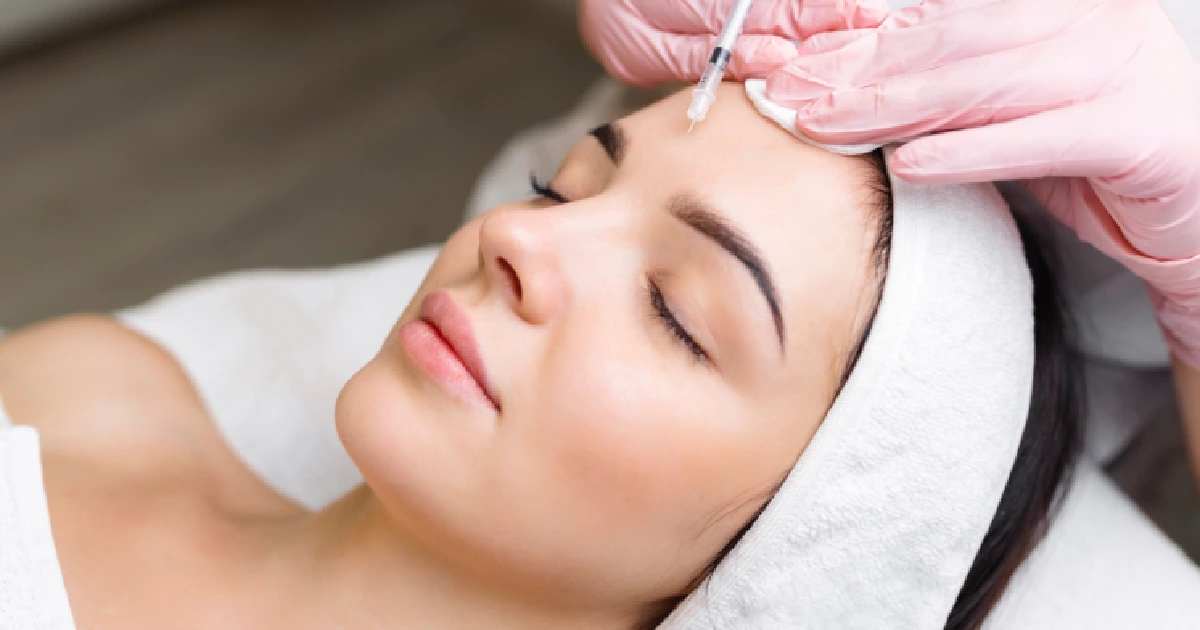Let’s face reality. Aging is not kind to the body or the penis! As we get older, male sexual performance can diminish quickly along with our overall sexual health. Our equipment slowly stops working, and systems begin to shut down. We stop being sexually active with others and ourselves, which only worsens many problems. The old adage, “If you don’t use it, you lose it,” is true for your penis too!
So, here’s the obvious question. Why do nothing? Why do we simply allow our sexual health and performance to degrade? There is no clear answer. Much of the problem is rooted in our lack of education and understanding of our own male sexuality, and sexual taboos often keep the subject veiled in secrecy.
The fact is, however, that most of us are either oblivious to the changes or willfully blind. We simply accept them as a matter of aging or ignore them, hoping that they will miraculously disappear by themselves. We rarely take action to address sexual dysfunction problems that come with age, even though there are so many ways to combat and reverse them. Let us explore the conditions, when they begin to present themselves, and what you do to address them.
THE MOST COMMON MALE SEXUAL DISORDER
Erectile dysfunction (ED) is one of the most talked about sexual disorders, but you may be surprised that it is not the most common male sexual disorder.
If you’re a “one-minute-man” or you “fire your gun before aiming,” we refer to this as premature ejaculation. It is universally defined as the inability to have penetrative sex for more than three minutes, affects more men, regardless of age, than any other condition. It can wreak havoc on a man’s sexual performance and physiological well-being.
Now let’s discuss the most commonly discussed issue of ED, which is generally defined as the inability to attain or maintain an erection adequate for the sexual satisfaction of both partners. By age 40, nearly 50% of men begin to experience ED. This number increases by 10% with each passing decade. More than 12 million males in the United States alone suffer from some form of ED, and that number is increasing as we find alarmingly low testosterone levels in younger men. There are many reasons for ED, some of which we’ll explore below.
In third place is the shrinking of the penis! Yes, you read it correctly. The penis shrinks as you get older. I’d consider this a pretty significant sexual disorder. So, what causes it? Many factors include prostate surgery, prostate cancer surgery, weight gain, lack of use (AKA: disuse atrophy), and Peyronie’s Disease.
WHAT IS CAUSING YOUR SEXUAL PROBLEMS?
There are so many reasons why male sexual health and performance degrades over time. The following is a list of some of the most significant causes:
- Low Testosterone
- Performance Anxiety
- Lack of Use
- Peyronie’s Disease
- Alcohol
- Psychological Stress
- Atherosclerosis; Heart Attack or Stroke
- Vascular Diseases that Affect Blood Loss and Flow
- Prescription and Over-the-Counter Medications
- Nerve Damage
- Sports Injuries
- Back Injuries or Spinal Degeneration
- Prostate Surgery and/or Treatment
- Prostate Cancer
- Benign Prostate Hypertrophy (BPH)
AT WHAT AGE DOES A MAN STOP GETTING ERECT AND DECREASE EJACULATION?
As I mentioned, aging is not kind to the penis and sexual performance. Bodies begin to change, and testosterone levels drop. Here’s what really happens to your penis as you age! Genetic conditions manifest themselves, and poor lifestyle choices catch up with us. Bluntly stated, life happens, and it impacts our sexual health and performance.
Here’s a breakdown by the decade of what may happen to your penis and sexual health and what you can do to maintain it:
AGE 18-30
Your sexual appetite is through the roof. Sex often occupies the forefront of your mind. It often requires very little stimulation to achieve arousal. You wake up in the middle of the night and morning with a rock-hard penis (AKA: morning wood). When you climax, the orgasm is intense. Many times, you forcefully ejaculate an impressive volume of semen that explodes over your head. Testosterone levels are at their highest levels.
All the sexual power is great, but there is an Achilles heel. It’s called premature ejaculation caused by many things, including an overly sensitive penis, and it is the number one male sexual disorder that plagues millions of young men. How do you combat this spiteful condition? Prescribing PDE5 inhibitors such as tadalafil (Cialis) and sildenafil (Virga) can prolong ejaculation, as can some antidepressants in a class of medications called SSRI’s (Zoloft is an example).
AGE 30-40
Ever so slowly, things start to change for men. Perhaps so gradually that you barely even notice them. While your sex drive remains robust, it is not as “all-consuming of the mind” as it once was. Blood flow is hardy. Testosterone levels are high. Your penis is working for you. Your tool is strong and powerful, but it may not get hard as spontaneously as before. Touch and stimulation may be required to develop full rigidity.
The time it takes to achieve wood after ejaculating increases. I also refer to this as reloading. While you may never be aware of it, your pelvic muscle strength diminishes significantly. This is a great time to start exercising your pelvic muscles to prevent the onset of ED and keep everything in good working order. Kegel exercises are not just for women!
AGE 40-50
This is the stage when most of the problems begin. By the fourth decade of life, nearly 50% of men begin to experience some form of ED. This number increases by 10% with each passing decade. While you still desire sex, it typically isn’t with the same drive and passion you had twenty years ago. You can usually get an erection, but your penis now requires significantly more stimulation. The gravity-defying boners of the past decades don’t have quite the angle they used to. Sometimes you may lose it before the sexual act is completed. You notice that orgasms have lost some of their intensity, and climax has become a bit weaker than in previous decades. Getting a second erection or reloading after an orgasm is often difficult. What are the main culprits during this decade? Weight gain, loss of muscle tone, medications that reduce blood flow and interrupt erectile function, the onset of Peyronie’s Disease from built-up scar tissue or penile trauma, and dramatically weakening pelvic muscles all contribute to the issue. It is a perfect time to get a P-Shot® to regain healthy nerve endings and improve blood flow. Don’t wait until erections worsen.
AGE 50-60
This is the decade where the most significant changes happen. Sexual function and performance are noticeably diminished. Nighttime and morning wood become few and far between. You prematurely lose your erection before you or your partner climax. Your orgasms are different, with significantly less intensity. The volume of semen and the force of ejaculation diminishes. The loss of penis size begins. Less blood is flowing to the penis. Testosterone levels are decreasing. Scar tissue has developed. Frankly speaking, this decade really stinks. Once again, it’s time to get a P-Shot®.
AGE 70-80
You still have some remaining sexual desire left in you, but it’s a far cry from the fire in your furnace you had when you were younger, and blood flow has noticeably dropped. Penis size is decreasing further and may appear smaller. At moments, the best that you can do is to obtain a partially inflated erection that cannot penetrate. Is sex a lost cause? Not necessarily. Explore all options with your provider, including a cardiac workup, to be sure you do not have a vascular disease that also contributes to erectile dysfunction. There is a strong correlation between coronary artery disease and ED. You may also want to look at combination therapies, including the P-Shot®.
AGE 80-90
Congratulations, if you are still able to have sex, most of your counterparts cannot. If you can have sex on your birthday, anniversary, and many New Year’s Eve, you are doing much better than most. You may be more concerned about incontinence than sex at this point. There are many ways to help stop the dribble and improve, including pelvic floor training (Kegel’s) and medication for BPH.
AGE 90-100
At this age, you’re more grateful to be alive. Sex is simply low on the list of priorities. You can live vicariously through pleasant memories of days gone by that are lodged deep in the recesses of your mind, as long as your memory is healthy too. But realize it’s never too late to rehabilitate your penis.
TAKE CONTROL & ACTIVELY MAINTAIN YOUR SEXUAL HEALTH
What does all this mean to you? Well, getting older is not fun, especially regarding sexual health and performance. More importantly, however, don’t let the changes simply happen. Take control! With each decade, ensure you are doing everything possible to maintain a healthy and fulfilling sex life. Sex is important at all stages of your life. Don’t let it go without exploring all of your options.






